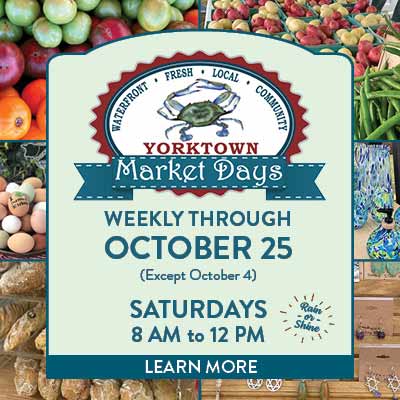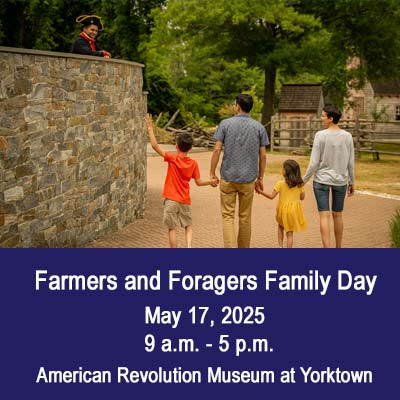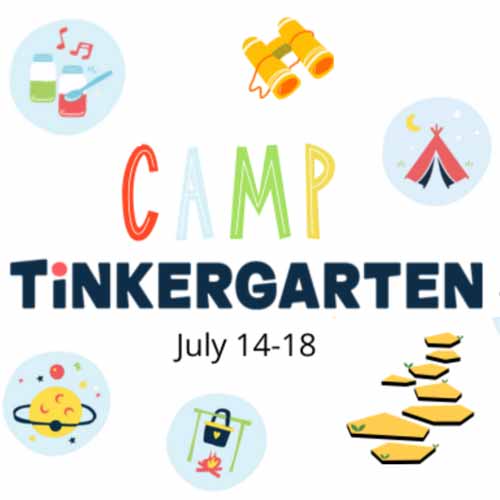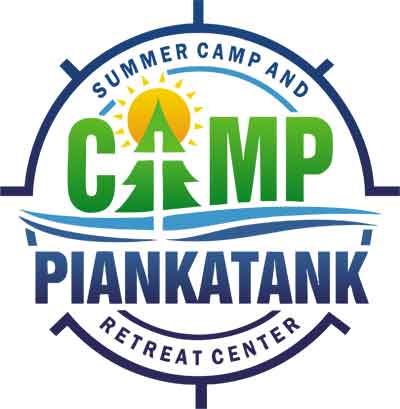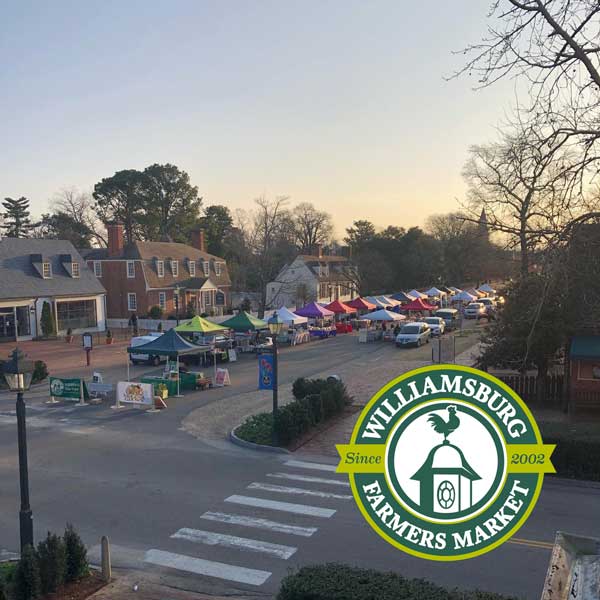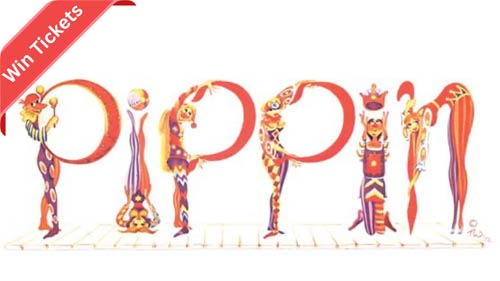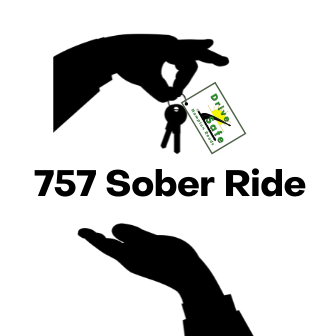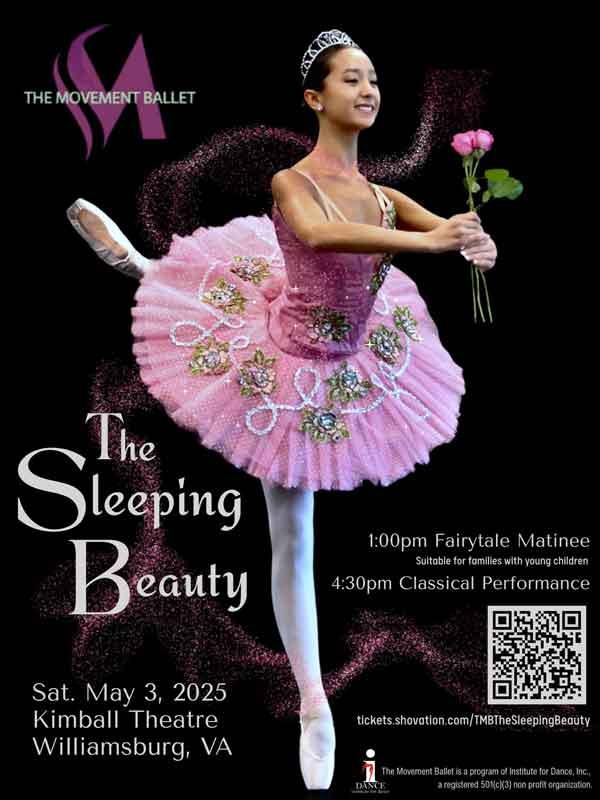The Wacky World of Food: Once again we celebrate April Fool’s day with a look at some of the "foods" that aren’t.
by Jane Hersey
Supermarket aisles are filled with packages of foods of all types — a variety and selection our grandparents could not even imagine! But things are not always as they appear; these colorful containers hide secrets that manufacturers don’t want you to know.Take a look in a typical shopping cart, and you may find:
• Lemonade that has no lemons
• Cherry gelatin without cherries
• Carrot cake mix with no carrots
• Fruit punch that contains no fruit
• Natural ice tea that isn’t natural
• Blueberry waffles without blueberries
• Pomegranate cereal with no pomegranates
• Orange juice that isn’t orange juice
• Diet foods that make people fat as well as “healthy” foods that make people sick
The front of the package shows a picture of yummy looking food, but the back tells a different story. Once you take a look at what is really inside that package and learn that it has very little to do with the picture on the front of the box, you might feel like you’ve fallen down a rabbit hole and landed in Wonderland, where up is down and nothing makes sense.
Our grandparents didn’t need instructions on how to find food in food stores, but today’s shopper needs help to guide her through the supermarket jungle. The good news is that there is real food mixed in among the phony foods that line supermarket shelves, and the Feingold Association has been helping shoppers find them since 1976.
Not only are the foods phony, but so are the claims being made for them, or, to be charitable, these claims stretch the truth to remarkable lengths.
Kellogg’s promotes its Froot Loops as “made with whole grain” and “a good source of fiber.” What they don’t promote is the fact that a single serving of it contains a hefty 3 teaspoons of sugar.
They leave out the part about the rainbow of synthetic dyes and fake flavorings in each bowl, as well as the trans-fats. The petroleum-based BHT is found in it, although it’s hard to see why they would need to preserve something that can barely be called food. As for the whole grains, you can sprinkle some whole wheat flour on junk, but it’s still junk.
Froot Loops were originally called “Fruit Loops,” but the company was forced to change the spelling to “froot” as a result of a law suit. Last year, Kellogg’s was sued due to its claims that Frosted Mini Wheats were “clinically shown to improve children’s attentiveness by nearly 20%.” Now the $13 billion company is in hot water again. This time, the lawsuit concerns the claim that its Rice Krispies “support your child’s immunity” which was touted during the 2009 bird-flu scare. The Federal Trade Commission won a $2.5 million settlement against the company for false advertising.
The missing berries
Kellogg’s has also received a lot of bad press lately for its Frosted Mini Wheat Blueberry Muffin cereal that does not contain blueberries (or muffins, for that matter). Feingolders know to look closely at the ingredients in “blueberry” products to see if they have blue dye and fake flavors.
General Mills has also been getting negative publicity for its “blueberry pomegranate” Total cereal that has neither blueberries nor pomegranates.
Betty Crocker, the mythical lady from the General Mills corporation, offers consumers a Super Moist Carrot Cake Mix, with a mouth-watering photo on the box front. But unfortunately, Betty forgot to include the carrots! Since she is 90 years old this year, maybe Betty’s getting a little absent-minded.
Very small, faint lettering on the box front says “with carrot flavored pieces.” The ingredient listing on the side shows that mixed in with the sugar, corn syrup and additives are those “carrot pieces” that are composed of corn syrup, enriched flour bleached, corn cereal, partially hydrogenated cottonseed and/or soybean oil, and carrot powder colored with Yellow 6 and Red 40.
Considering how inexpensive actual carrots are, it’s sad to see that the only healthy thing this product had going for it isn’t even real!
Diet Coke
Coca-Cola, the world’s largest soft drink company (and owner of many other beverage labels) didn’t have a very merry Christmas last December when the Food and Drug Administration gave them a wrist-slapping for promoting their Diet Coke Plus drinks as a source of vitamins and minerals. The agency said it is inappropriate to add extra nutrients to snack foods like carbonated beverages.
The aura of healthy
The attempt to make a soft drink look like a healthy beverage is bad enough, but to apply that to a drink sweetened with aspartame is astonishing. It has generated more reports of serious health problems than any other additive in history.
New marketing strategy
Now the company has appointed Diet Coke as the champion of women’s heart health and pledged $100,000 to be donated to research efforts. While that’s a lot of money to you and me, how does a hundred thousand dollars compare to their income and other expenditures?
Coca-Cola spent $4,500,000 in 2009 to hire 38 lobbyists from 7 different firms to influence legislation favorable to them, according to Wikipedia. Their 2010 revenue was more than thirty-five billion – with a “B”- dollars ($35,000,000,000), and their net income was about five billion dollars ($5,000,000,000). Soft drinks are considered to be one of the most profitable products.
Skinny Pepsi
Not to be outdone by its arch rival, Pepsi has launched their Diet Pepsi Skinny Can. The tall, narrow can has the same amount of beverage and the same unwanted synthetic sweetener — aspartame — as their fat can. But since many researchers believe that synthetic sweeteners actually cause weight gain by tricking our taste buds, the only thing skinny about this product is its elongated container.
“Bring back the fun”
When a company cannot think of any worthwhile attribute for its product, it plays the “fun” card. A new Kool-Aid ad shows 8 kids with garishly colored tongues that are supposed to pull on the heartstrings of parents, trying to evoke feelings of nostalgia for the bug juice of their childhoods.
Feingold families steer clear of the powdered drink mix because of the petroleum-based dyes and synthetic flavorings, but the fact that a cup of Kool-Aid contains 5 teaspoons of sugar is another good reason.
Jamba Juice
The “non-dairy blend” in Jamba Juice drinks isn’t a non-dairy product at all, according to The Consumerist. The ingredients are water, grade A nonfat dried milk, grade A whey, grade A whey protein concentrate, Splenda, sodium alginate, maltodextrin, pectin, carrageenan, sodium citrate, sodium hexametaphosphate, natural flavor, annatto.
For more information visit: http://www.feingold.org/
About Jane Hersey
A former teacher and Head Start consultant, Hersey has been the director of the nonprofit Feingold Association since 1985. She is the editor of Pure Facts and author of Why Can’t My Child Behave? and Healthier Food for Busy People.
Hersey has testified before the National Institutes of Health, the U.S. Department of Agriculture, and Congress about ADHD and diet, and she has lectured at educational associations, hospitals, medical groups, universities and schools. She also consults with parents and professionals who are working to improve school food. Recently, she has been active in working with area agencies who assist foster and adoptive parents, showing how a change in food can make a tremendous difference in the lives of troubled children.
Mrs. Hersey’s articles have appeared in numerous magazines, and she has been interviewed by ABC’s Nightline, WUSA TV News, Woman’s World, the Des Moines Register, Cincinnati Enquirer, Cleveland Plain Dealer, Richmond Times-Dispatch, Charleston Post and Courier, and appears frequently on radio programs.
The Herseys lived in Alexandria for many years before moving to Williamsburg in 2004.






